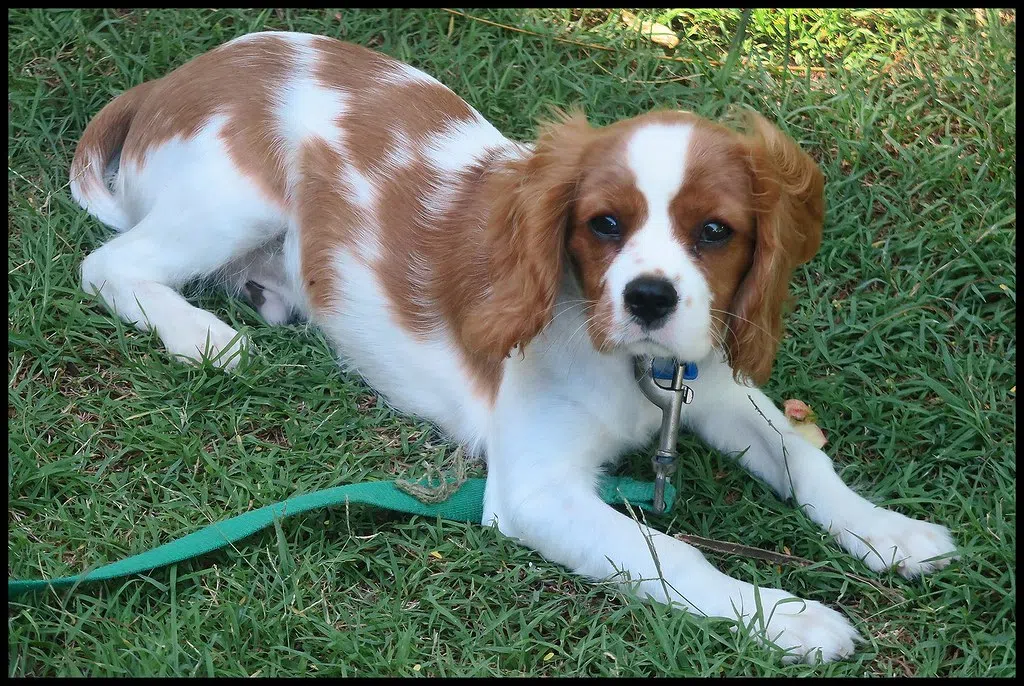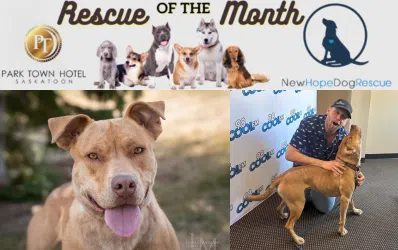As temperatures rise, so does the risk of your dog contracting a potentially deadly disease.
Dr. Cathy Dick explains that parvovirus is a virus that lasts for long periods of time in the environment and is not killed during the winter freezeover. So, when spring comes, and your dog goes rooting around in the dirt, it can pick up the dangerous virus if it’s not vaccinated.
“It’s spread by the fecal-oral route. If it’s contaminated in the soil and dogs do what dogs do, like digging in the grass, chewing the dirt, some of them even eat feces, that’s how they become infected with the virus.”
Some symptoms of parvo include lethargy, lost appetite, vomiting and bloody diarrhea.
“Then, because the virus is attacking the bone marrow, which is the home for the defenses for the body, the dog can go on and develop secondary bacterial infection,” Dick explains.
If you think your dog might have Parvo, Dick says seek veterinary assistance as soon as possible.
To prevent the risk altogether, Dick urges dog owners to vaccinate their puppies, and avoid taking unvaccinated puppies to high-traffic areas such as off-leash dog parks.






















